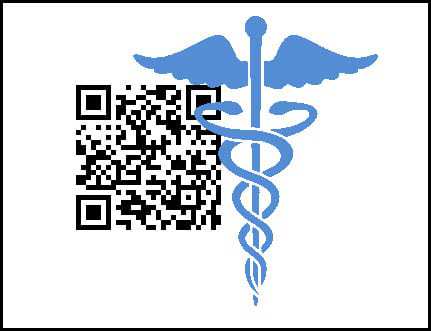The Medicines Evaluation Board has now decided how quick response codes can be used on packaging.
It has now been announced by the Netherlands Medicines Evaluation Board (MEB) that they have now come up with a policy that specifically defines the way that QR codes can be used on the outer packaging and the package leaflets for products within the medicinal category.
This policy goes into detail about the conditions that must be fulfilled by quick response codes.
Through this newly created policy, the MEB has worked to address the demands of companies that have wanted to be able to provide more information to consumers by way of QR codes that can be scanned using their mobile devices such as smartphones, tablets, and wearables. Many companies have wanted to be able to provide this additional option because it allows them to offer more information to consumers despite the limited space available on print packaging.
The policy for the use of QR codes was developed by working with companies, holders, and marketing authorization officials.
 While this policy is designed specifically for the use of the QRcode in these informational and marketing materials, it also applies to other technologies that can be used for the same purpose as those two dimensional barcodes. This new policy has become effective immediately within the Netherlands and it applies to all of the different forms of medicinal products for which there has already been issued a national marketing authorization.
While this policy is designed specifically for the use of the QRcode in these informational and marketing materials, it also applies to other technologies that can be used for the same purpose as those two dimensional barcodes. This new policy has become effective immediately within the Netherlands and it applies to all of the different forms of medicinal products for which there has already been issued a national marketing authorization.
The new policy aligns with another policy that has previously been agreed upon within the Heads of Medicines Agencies (CMDh) for the types of products within the decentralized procedure (DCP) and mutual recognition procedure (MRP). This new policy for the use of these barcodes is also applicable to parallel-imported medicinal products as well as for marketing authorizations that are issued by way of procedures for replica marketing authorization.
The policy for using QR codes is, at the moment, published as a separate document and it is going to be worked into each of the relevant overall policy documents at a later time, said the MEB, within the statement from its representatives.
